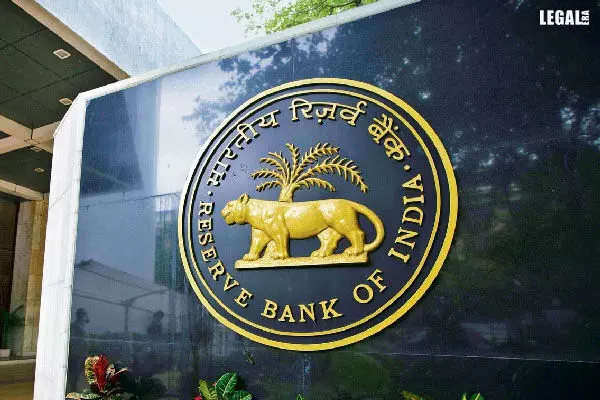- Home
- News
- Articles+
- Aerospace
- Artificial Intelligence
- Agriculture
- Alternate Dispute Resolution
- Arbitration & Mediation
- Banking and Finance
- Bankruptcy
- Book Review
- Bribery & Corruption
- Commercial Litigation
- Competition Law
- Conference Reports
- Consumer Products
- Contract
- Corporate Governance
- Corporate Law
- Covid-19
- Cryptocurrency
- Cybersecurity
- Data Protection
- Defence
- Digital Economy
- E-commerce
- Employment Law
- Energy and Natural Resources
- Entertainment and Sports Law
- Environmental Law
- Environmental, Social, and Governance
- Foreign Direct Investment
- Food and Beverage
- Gaming
- Health Care
- IBC Diaries
- In Focus
- Inclusion & Diversity
- Insurance Law
- Intellectual Property
- International Law
- IP & Tech Era
- Know the Law
- Labour Laws
- Law & Policy and Regulation
- Litigation
- Litigation Funding
- Manufacturing
- Mergers & Acquisitions
- NFTs
- Privacy
- Private Equity
- Project Finance
- Real Estate
- Risk and Compliance
- Student Corner
- Take On Board
- Tax
- Technology Media and Telecom
- Tributes
- Viewpoint
- Zoom In
- Law Firms
- In-House
- Rankings
- E-Magazine
- Legal Era TV
- Events
- Middle East
- Africa
- News
- Articles
- Aerospace
- Artificial Intelligence
- Agriculture
- Alternate Dispute Resolution
- Arbitration & Mediation
- Banking and Finance
- Bankruptcy
- Book Review
- Bribery & Corruption
- Commercial Litigation
- Competition Law
- Conference Reports
- Consumer Products
- Contract
- Corporate Governance
- Corporate Law
- Covid-19
- Cryptocurrency
- Cybersecurity
- Data Protection
- Defence
- Digital Economy
- E-commerce
- Employment Law
- Energy and Natural Resources
- Entertainment and Sports Law
- Environmental Law
- Environmental, Social, and Governance
- Foreign Direct Investment
- Food and Beverage
- Gaming
- Health Care
- IBC Diaries
- In Focus
- Inclusion & Diversity
- Insurance Law
- Intellectual Property
- International Law
- IP & Tech Era
- Know the Law
- Labour Laws
- Law & Policy and Regulation
- Litigation
- Litigation Funding
- Manufacturing
- Mergers & Acquisitions
- NFTs
- Privacy
- Private Equity
- Project Finance
- Real Estate
- Risk and Compliance
- Student Corner
- Take On Board
- Tax
- Technology Media and Telecom
- Tributes
- Viewpoint
- Zoom In
- Law Firms
- In-House
- Rankings
- E-Magazine
- Legal Era TV
- Events
- Middle East
- Africa
RBI Releases Draft Guidelines For Payment Aggregators

RBI Releases Draft Guidelines For Payment Aggregators
States that merchants should be onboarded as per the Master Directions on Know Your Customer, 2016
The Reserve Bank of India (RBI) has issued draft guidelines to strengthen regulations on payment aggregators (PAs) and boost the ecosystem, covering their physical point-of-sale activities.
Considering the growth in digital transactions and the significant role the PAs play in the space, the banking regulator stated that the current directions would be updated and cover, inter alia, KYC (Know Your Customer) and due diligence of merchants and operations in escrow accounts.
The payments ecosystem in India includes online PAs and face-to-face/proximity payment transactions.
The RBI draft added that payment aggregators should involve merchants according to the customer due diligence (CDD) prescribed in the Master Directions on Know Your Customer, 2016.
"The PAs shall ensure that marketplaces onboarded by them do not collect and settle funds for services not offered through their platform," the draft stated.
About face-to-face/proximity payment transactions handled by using cards, from 01.08.2025, no entity in the card transaction/payment chain, other than the card issuers and/or card networks, shall store the Card-on-File (CoF) data.
The directive read, "Any such data stored previously shall be purged.”
Additionally, the non-banking sector providing PA-P services should have a minimum net worth of Rs.15 crores when applying to the RBI for authorization and a minimum of Rs.25 crores by 31 March 2028, and thereafter, the amount to be maintained.



